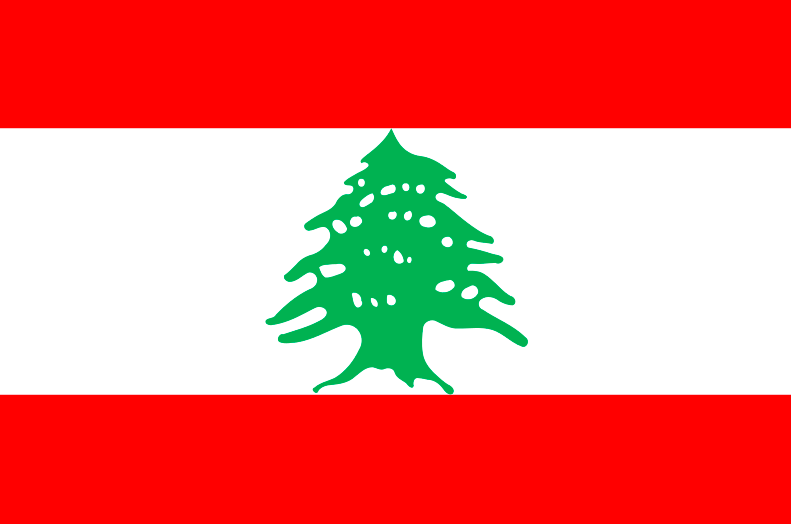
In April, Lebanon joined the growing list of countries that are legalizing cannabis.
The Lebanese legislature passed a law on April 21, 2020, which officially legalized the cultivation of medical and recreational cannabis, including hemp, throughout the country.
The move makes Lebanon the first Arab country to approve medical cannabis use. The law, however, does not allow for recreational use. Rather, Lebanese leaders say the law is intended to jump-start the economy and pharmaceutical industry.
The Law and its Potential
Newsweek reports that the new legislation aims, “to foster a new legal industry producing cannabis pharmaceutical items, including wellness products and CBD oil,”and fibers for textiles.
Alain Aoun, senior MP of the Free Patriotic Movement party, told Reuters that despite cannabis being widely grown in Lebanon—the motivation to legalize was exclusively driven by financial needs.
“We have moral and social reservations,” he explained. “But today there is the need to help the economy by any means.”
The McKinsey and Company Report
The country planned to legalize cannabis since at least 2018. That year, Lebanon commissioned McKinsey and Company, a global research firm, to “come up with a plan to revive the country’s economy.” The economy has been in turmoil since the outbreak of the Civil War in 2011 in nearby Syria, reports Business Insider.
The report looked into more than 150 different plans, like building banking hubs. Though the firm did not necessarily recommend legalizing medical cannabis, a McKinsey and Co. representative confirmed to Business Insider that their research showed it would be financially beneficial.
High-Quality, Lebanese Weed
The country’s Minister of Economy and Trade, Raed Khoury, also believes legalization will boost Lebanon’s economy. In fact, he told Bloomberg in 2018 that expects it to be a billion dollar industry.
He also told Bloomberg that the country’s cannabis is some of the best in the world.
User all over the world recognize Lebanese cultivators, particularly those in the Beqaa Valley, for producing high-quality ganja. Currently, the country ranks as the world’s third largest producer of hash, according to the U.N.
Considering the size and quality of the market, perhaps Khoury’s expectations will soon be a reality. In the meantime, the world is watching as Lebanon tries to save their economy with weed.


Leave a Reply